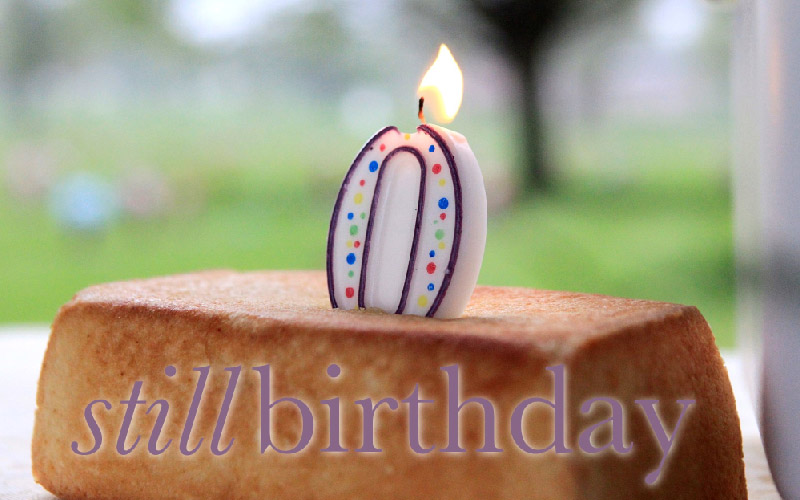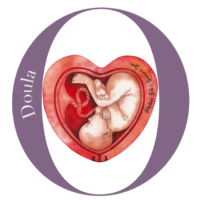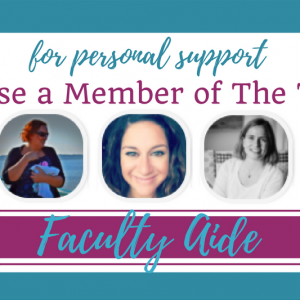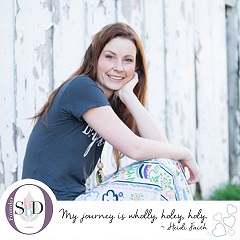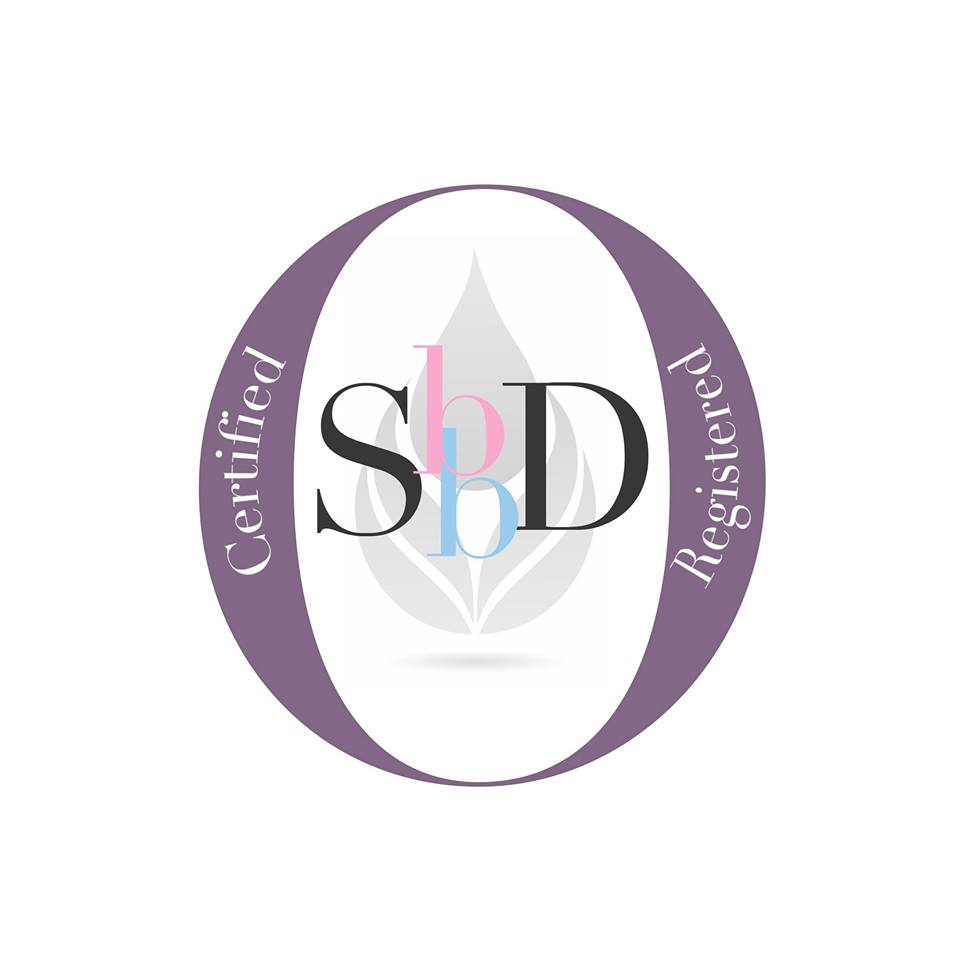On the hot summer night of June 7, several years ago, a woman began to labor her child, her daughter. The father of the child lay asleep in the bedroom, after leaving stern instruction not to be awakened unless the birth of the child was imminent.
She labored, alone, quietly, until she was sure it was time to wake him.
In the dark morning of June 8, she mounted his motorcycle, this laboring mother, and held the back of his leather jacket as he rode her to the hospital entrance. Prior to “The Bradley Method” of childbirth, which includes the father in the laboring process, was the “Jack Daniels Method”; the man rode on to the nearest bar to celebrate the arrival of his daughter. The woman entered the hospital, alone.
This same woman labored two years earlier, and gave birth to a stillborn little girl.
What was this labor like for her? Was she scared? Terrified of what might happen? Did her body’s successive pulls and squeezes, painful contractions, remind her of when she had experienced this last? Did she pray? Did she hope? Did she cry? Did she long for someone to wipe her forehead with a cool, damp cloth and tell her that her feelings are OK, that everything is going to be OK? Did she wonder if this little girl she was about to meet would be breathing, would look at her, see her, respond to her touch, or if this little girl, like her last, would die during birth?
I don’t know.
She never told me. Pieces of my childhood are jotted down in notes – notes in different handwriting from the different people who made executive decisions on my behalf. I don’t know how my mother felt about my birth, because her feelings aren’t jotted down in my government issed file. It is probable that nobody bothered to ask her.
A short time after my birth, my mother went to prison and my father fled the state. I was raised in foster care, group homes, and institutions for the majority of my childhood.
What if someone had intervened? What if someone had wiped her forehead with a cool cloth, and told her it was OK to feel what she was feeling? What if, before this pregnancy, someone offered her mentorship after my older sister had died?
Would she and my father have begun to seek a healthy, legal lifestyle? Would she have escaped his abuses and began a life of healing?
Mothers of miscarried and stillborn babies need immediate support. We need support at the exact time of the news that the baby is not going to live. We need support through the remainder of the pregnancy, and through the process of childbirth. We need postpartum support. These things are, in large part, what our bereavement doula program is all about. And, we need support long after these things are over.
Our doula and mentorship programs may not be enough to stop a predisposition for addictions and abuses, but it could be enough to reveal these predispositions and it could be enough to recognize the hunger for healing. It could change lives.
Furthermore, a parent’s life is forever changed after the birth of a stillborn baby and many, many mothers who’ve given birth to miscarried babies recognize this same irreparable break.
We will never be the same.
It is a new beginning. A new birth. A new life. A subsequent life.
In the same way newborns need to be cradled, held close, and touched tenderly, so too are bereaved mothers. Sometimes, we can walk. Sometimes we crawl, and still other times we just need to be carried. But we always want our loved ones to be near, and we always want you to care.
I am a subsequent child, and I have a subsequent child. I know.
~~~~~~~~~~
Some things for others to know:
-
I want you to remember my baby, the baby who died. I want you to recognize that the hardship of grief I am enduring is because I’ve been blessed with the role of mother and that I did, in fact, give birth to a baby. My baby.
-
When you mention my baby, it is healing. If I cry, if I smile, if I seem cool – however I respond – it is healing.
-
I am heartbroken because I am missing out on so many lovely things with my baby. When you call my baby by name, when you speak to me about my child, you are giving me something back.
-
My experience is different than anyone else’s. My journey is different than anyone else’s. It is my journey. I’d like you to walk it with me and we can share what we see together – I do want you to point out what you see in me and around me. I don’t want you to blindfold me and tell me where I need to step.
-
The death of my baby is not exactly the same as the death of anyone else. We can share in our common denominator only if we don’t use that as a means of forging or expecting each other to mourn a certain way.
-
Joyous occasions, like the birth of another child, still are subsequent to the death of my child. There are no replacements – of my deceased child, or of the feelings I have for him.
-
I am thankful for the life of my child, however brief, and for the reality of my child, which is eternal. I am humbly grateful for the things I have learned through his death and because of his death. Help me honor the reality of my child by remembering the day he was born, and the day he died.
-
A pregnancy loss is still a birth, and is still a birthday. It is recurrent. It is annual. I want you to remember the day with me. As I recall the tiny person I saw, I will feel love for that child. This feeling is right and is intended to be shared. I will also feel sadness for the love I haven’t been able to lavish onto that child. This feeling is also right and is intended to be shared. I’d like to share it with you, but more than that, I’d like you to share it with me. I’d like for you to initiate conversation – I’d like you to tell me that my baby’s short life was important to you, and that my baby’s eternal reality is important to you.
-
Please remember my baby’s important dates, just as you remember my other children’s dates. Here is a nice card you can give me as I honor my baby’s stillbirthday through the years.
-
I’d like you to remember that I am still adjusting to my new life – my subsequent life – and I’d like you to offer me grace and forgiveness as I stumble on this journey.
-
I have offered you grace and forgiveness as you’ve stumbled in the things you have done and said, and failed to do and say, to me. It is sometimes excruciating to do so, because I am adjusting to this new life and need caring for, but I do. If you are not sure of how to care for me, ask. I have answers to your questions.
-
I am not alone in the way I feel about this subsequent life. One mother sends a plea to her loved ones to just say something to validate the reality of her child, while another challenges those who seek to shape the path of bereaved parents. And thousands more find their way here, to stillbirthday, because they, too, want to learn how to make sense of this new, subsequent life.
